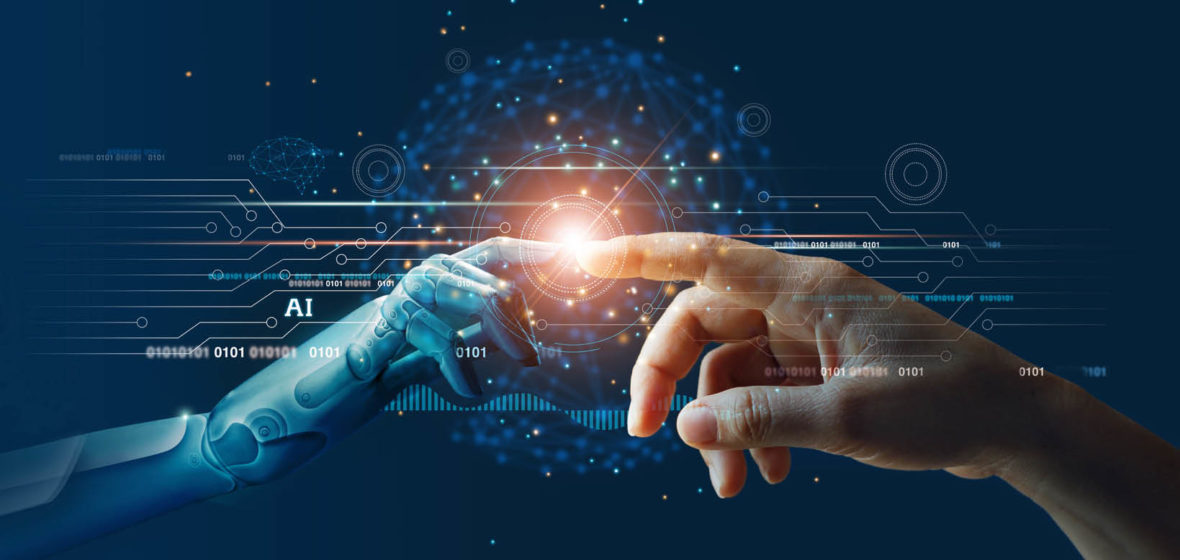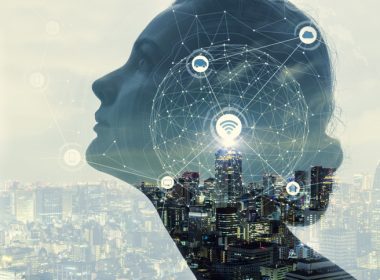Snapshot
- Oral advocacy has long relied on the expertise, judgment and intuition of skilled practitioners yet AI is challenging the boundaries of what was once considered uniquely human.
- While proponents highlight gains in efficiency, consistency and fairness, the prospect of automating advocacy with AI raises profound questions about legitimacy, trust and the transparency of courtroom decision-making.
- The future of advocacy may rest on finding the right balance between technological advancement and the irreplaceable value of human presence in the courtroom.
The rise of AI in law has provoked both optimism and caution in equal measure. Across the legal world, practitioners and clients alike are asking: will algorithms eventually render lawyers obsolete? Can technology truly deliver on the promise of wider access to justice or does it threaten to reduce legal reasoning and advocacy to mechanistic output?
The debate has been sharpened by voices such as Adam Unikowsky, who argued AI—when equipped with the right documents—can already handle oral argument in the highest courts with a competence equal to, if not greater than, most human advocates. Unikowsky’s experiment, in which he pitted a leading large language model (‘LLM’) against his own real-world US Supreme Court performance, is emblematic of a new confidence which I suggest overestimates the capabilities of artificial intelligence.




